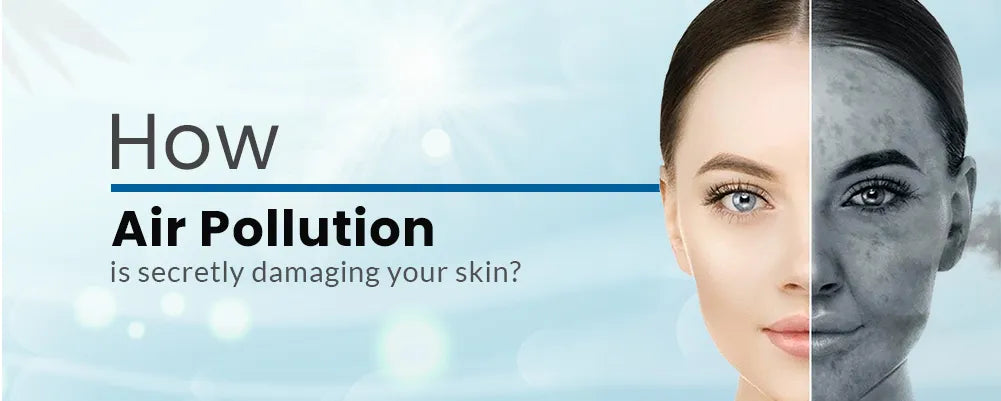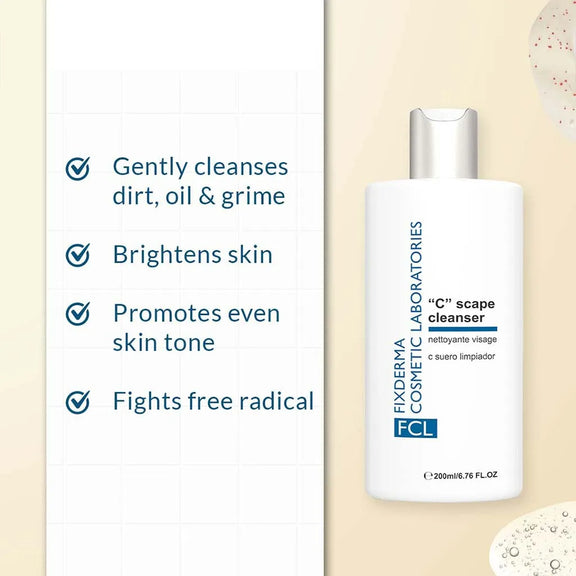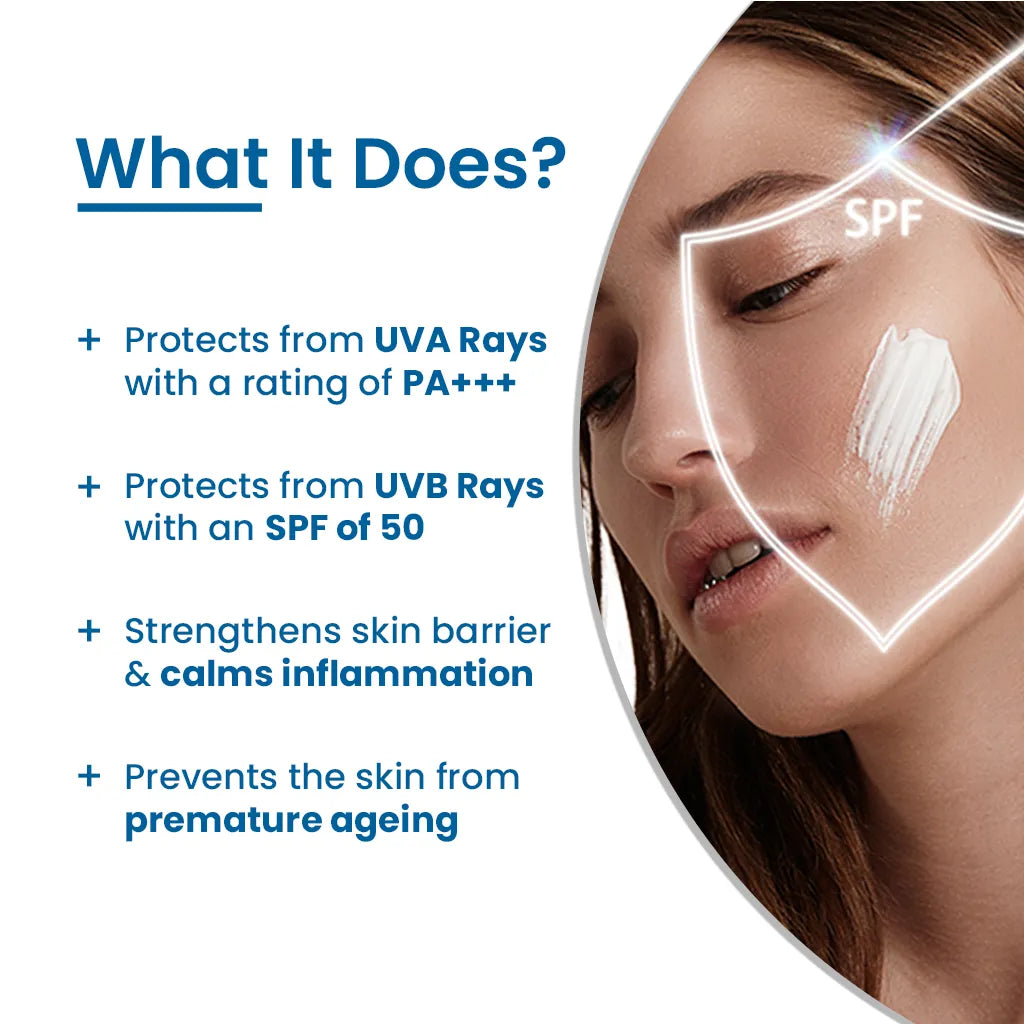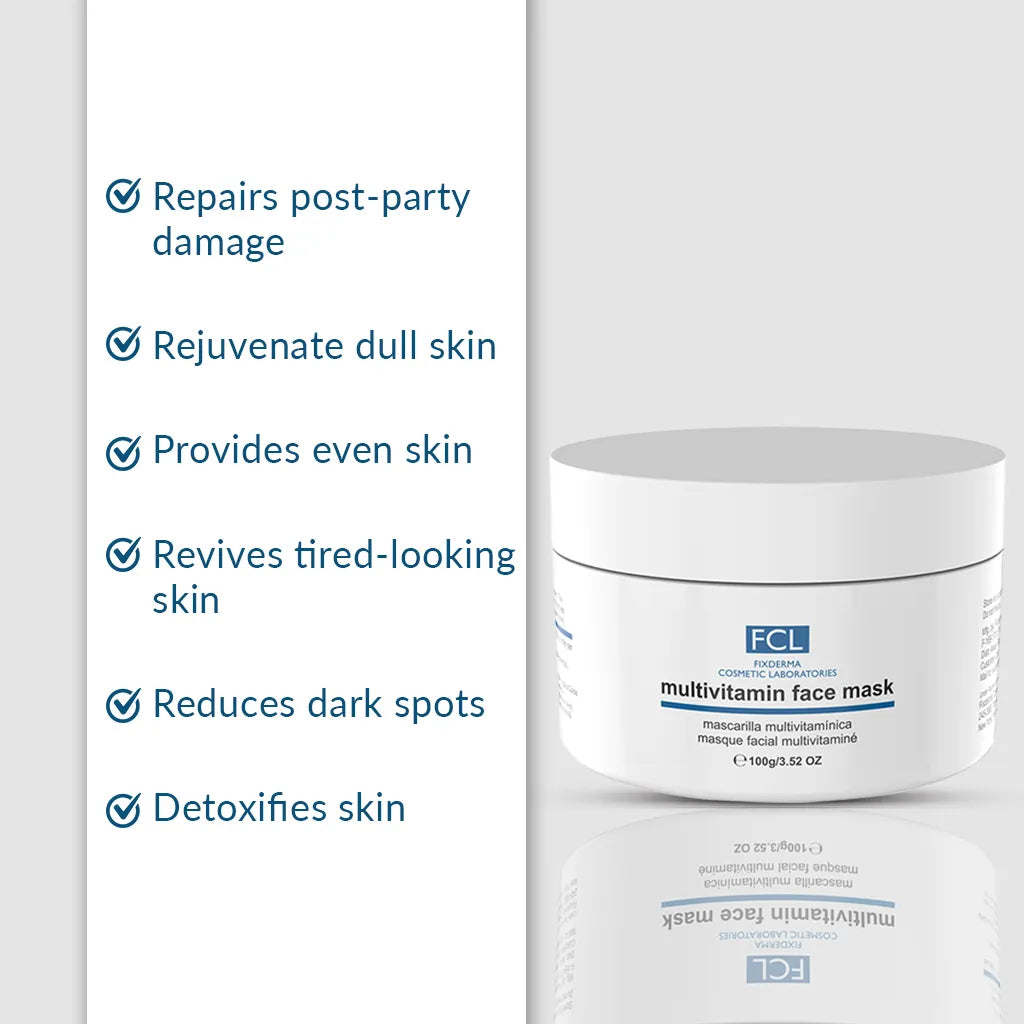
How Air Pollution Is Secretly Damaging Your Skin?
By: Sandip KumarAir pollution is a significant environmental issue with far-reaching consequences for human health. It encompasses a complex mixture of various gases, particulate matter, biological molecules, and other harmful substances emitted into the atmosphere. These pollutants originate from multiple sources, including vehicle emissions, industrial activities, construction, agriculture, and natural sources like wildfires.
Health Effects:
- Respiratory Problems: Inhalation of polluted air can lead to various respiratory issues. Particulate matter (PM), especially PM2.5 (particles smaller than 2.5 micrometers), can penetrate deep into the lungs, causing irritation, inflammation, aggravating asthma, and chronic obstructive pulmonary disease (COPD), and increasing the risk of respiratory infections.
- Cardiovascular Issues: Air pollution has links to heart problems. Fine particles and pollutants can enter the bloodstream, affecting the heart and cardiovascular system. Long-term exposure is associated with an increased risk of heart attacks, strokes, hypertension, and other cardiovascular diseases.
- Reduced Lung Function: Prolonged exposure to air pollutants can impair lung development in children and reduce lung function in adults. This diminished lung capacity can result in decreased physical activity tolerance and increased susceptibility to respiratory illnesses.
- Cancer Risk: Certain air pollutants, such as benzene, formaldehyde, and polycyclic aromatic hydrocarbons (PAHs), are known or suspected carcinogens. Prolonged exposure to these substances increases the risk of developing lung cancer and other cancers.
- Neurological and Developmental Effects: Studies suggest that air pollution may impact neurological development, potentially contributing to neurodegenerative diseases. Additionally, exposure during pregnancy can increase the risk of adverse birth outcomes and developmental issues in children.
- Worsening Allergies and Skin Problems: Air pollutants can exacerbate allergies, skin conditions, and eye irritation. They can trigger or worsen symptoms in individuals with existing allergies or skin sensitivities.
The impact of airborne pollution on skin
Airborne pollution, comprising various pollutants like particulate matter (PM), volatile organic compounds (VOCs), nitrogen oxides (NOx), ozone (O3), and heavy metals, doesn't just affect respiratory health; it also significantly impacts the skin. Here's a detailed overview of its effects:
- Premature Aging: Pollution contributes to the generation of free radicals on the skin's surface due to oxidative stress. Free radicals damage collagen and elastin, leading to premature aging signs like fine lines, wrinkles, and loss of elasticity. This accelerates the aging process, making the skin appear older than it is.
- Skin Dehydration: Air pollutants can disrupt the skin's natural barrier function, leading to increased trans epidermal water loss (TEWL). This results in skin dryness, tightness, and dehydration, making the skin more prone to irritation and sensitivity.
- Skin Sensitivity and Inflammation: Pollution particles can penetrate the skin, causing irritation, redness, and inflammation. This can exacerbate existing skin conditions like eczema, acne, psoriasis, and rosacea, making them more difficult to manage.
- Uneven Skin Tone and Hyperpigmentation: Exposure to pollutants can stimulate melanocytes, leading to an overproduction of melanin. This results in uneven skin tone, dark spots, and hyperpigmentation, making the skin appear blotchy or discoloured.
- Reduced Skin Healing: Pollutants can impair the skin's natural healing process. They interfere with the skin's ability to repair itself from damage caused by UV radiation or other environmental stressors, prolonging recovery time from wounds, cuts, or skin injuries.
- Acne and Clogged Pores: Pollution particles can mix with sebum and dirt, clogging pores and leading to acne breakouts and blackheads. This can worsen acne-prone skin conditions and make it challenging to maintain clear, healthy skin.
- Compromised Skin Immunity: Prolonged exposure to pollutants weakens the skin's immune system, making it more susceptible to infections, allergies, and environmental damage.
Can cancer be caused by air pollution?
Air pollution has been identified as a significant environmental risk factor associated with cancer development. While it might not directly cause cancer in the same way as, for instance, tobacco smoke or certain chemicals with known carcinogenic properties, there's strong evidence linking certain air pollutants to an increased risk of various cancers. This type of pollution contains a mixture of harmful substances, including carcinogens such as polycyclic aromatic hydrocarbons (PAHs), benzene, formaldehyde, and heavy metals. These substances, when inhaled or absorbed through the skin, can cause damage to cells, trigger inflammation, and lead to genetic mutations that might contribute to cancer development.
- Lung Cancer: This is the most well-established link between air pollution and cancer. Particulate matter (PM2.5 and PM10) and gases like nitrogen dioxide (NO2) and sulfur dioxide (SO2) are associated with a higher risk of lung cancer. These pollutants are inhaled into the lungs, where they can cause inflammation, oxidative stress, and damage to DNA, potentially leading to cancerous changes in lung tissue.
- Bladder Cancer: Some studies suggest a link between air pollution, specifically exposure to certain chemicals like aromatic amines found in industrial emissions, and an increased risk of bladder cancer.
- Other Cancers: While the evidence isn’t as strong, research has indicated potential associations between air pollution and other cancers, including breast cancer, leukemia, liver cancer, and others. These associations often depend on the specific pollutants and their concentrations, as well as individual susceptibility factors.
It's important to note that while air pollution is considered a risk factor for cancer, it typically acts in conjunction with other factors like genetics, lifestyle choices, and other environmental exposures. Thus, while it contributes to the risk, it might not solely cause cancer on its own.
Reducing exposure to air pollution through regulatory measures, cleaner energy sources, better urban planning, and individual actions like reducing personal exposure (using masks in highly polluted areas and staying indoors during peak pollution times) can collectively lower the risk of developing cancers associated with air pollution.
Ways to protect your skin from pollution
In the ongoing battle against the detrimental effects of pollution, we need to properly take care of our skin. It begins with consistent and thorough cleansing routines aimed at purging the skin of pollutants accumulated throughout the day. Coupled with this crucial step is the essential aspect of maintaining proper hydration levels, ensuring the skin's natural barrier remains protected against environmental aggressors. However, to truly combat the long-term effects of pollution, targeted treatments play a pivotal role and for this, our skincare products offer the best solution to counteract the effects of air pollution on the skin. Our range encompasses formulations designed to cleanse, hydrate, and protect, providing a comprehensive defense mechanism against the deleterious effects of pollutants. Keep reading to know!
- Vitamin C: Vitamin C Cleanser & Serum such as C Scape Cleanser & C Scape 25 Serum with 25% Vitamin C serves as a potent ally in safeguarding the skin against the detrimental effects of air pollution. Their antioxidant properties make them an effective weapon against the free radicals generated by pollutants, helping to neutralize oxidative stress and prevent damage to the skin. Vitamin C also aids in brightening and evening out skin tone, counteracting the pigmentation caused by pollutants. Additionally, the cleanser helps remove impurities and pollutants from the skin's surface, allowing for a thorough cleansing that rids the skin of harmful particles, thus supporting its natural barrier function. The serum works as a multitasker that not only just reduces dullness & spots but also fights early signs of ageing. Regular use of Vitamin C not only helps purify the skin but also fortifies it against the daily onslaught of environmental pollutants, contributing to healthier skin.
- Sunscreen: Sunscreen such as Chemfree SPF 50 Physical Sunscreen serves as a powerful shield, not just against UV rays, but also against the skin-damaging effects of air pollution. It creates a physical barrier on the skin, effectively blocking out harmful pollutants, particulate matter, and environmental aggressors. With its high sun protection factor, it guards against UV-induced skin damage exacerbated by pollutants, preventing premature aging, hyperpigmentation, and even skin cancer. The mineral formulation provides a gentle, non-irritating defense, ideal for sensitive skin often aggravated by environmental pollutants.
- Body Lotion: An anti-aging body lotion such as Bio Retinol Body Lotion offers more than just hydration; it shields the skin from the adverse effects of air pollution. Infused with potent antioxidants and nourishing ingredients, this lotion fortifies the skin's protective barrier, safeguarding it against environmental pollutants. Its hydrating properties aid in replenishing moisture lost due to pollution-induced dryness, while its anti-aging components, such as natural retinol, combat oxidative stress, and free radicals.
- Detoxifying Mask: A face mask such as our Multivitamin Mask acts as a revitalizing treatment, offering essential nutrients and antioxidants that combat the skin-damaging effects of air pollution in just 15 minutes. Enriched with vitamins and nourishing ingredients, this mask replenishes the skin's lost moisture, fortifies its natural barrier against pollutants, and rejuvenates stressed skin. Packed with antioxidants like vitamins B3, B5, C, E, and F, it helps neutralize free radicals generated by environmental pollutants, reducing oxidative stress, and preventing premature aging signs.
Read more - How To Apply Your Skincare Products Correctly



